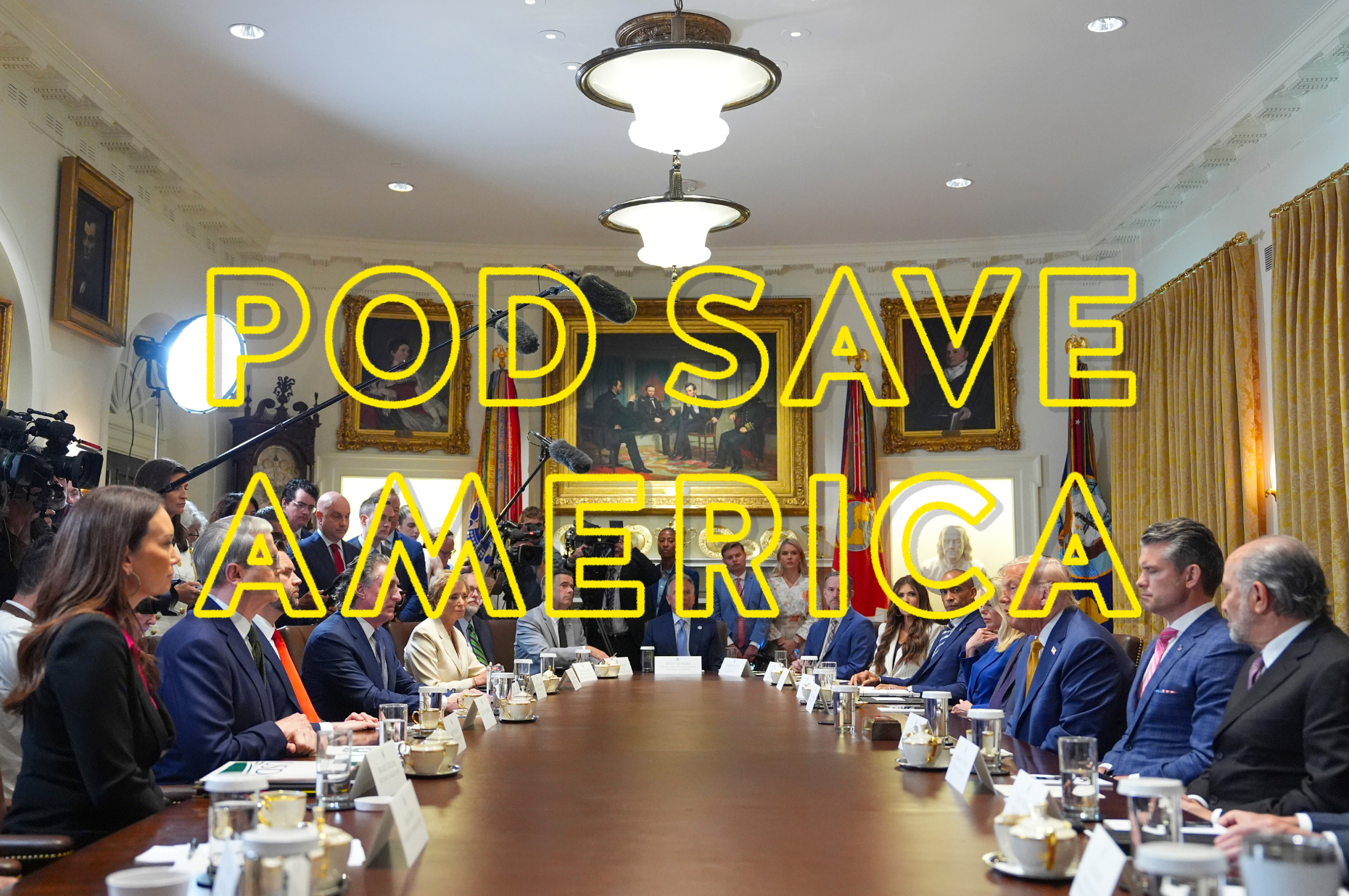
While millions of Americans all across the country are sick and out of work, there is no question low-income communities of color are being hit harder than others. This is not an accident–in fact, it’s by design. In the Bronx, decades of discriminatory policies combined with long legacies of poverty and disproportionate exposure to pollution have left the borough uniquely vulnerable during this pandemic. Bronx residents are twice more likely to die from COVID-19 than residents from other boroughs.
At the same time, this moment of crisis invites us to take a step back and figure out what systems are–and are not–working for our communities. And as we rebuild from the coronavirus, we have a generational opportunity to forge an economy and society that will be resilient to future threats of disease, economic shock and climate change. One of the best steps we can take towards that future, right here in New York City, is to electrify and green the New York City Housing Authority (NYCHA).
Electrifying, retrofitting and upgrading NYCHA developments offers the opportunity to fight air pollution, create jobs, and make public housing more resilient to natural disasters and public health crises. The lived experiences of NYCHA residents make clear that the coronavirus, pollution, and climate change are deeply intertwined. A recent study by Harvard University, for example, shows that COVID-19 mortality rates are directly related to long-term exposure to high levels of air pollution. Public housing developments are mostly located in neighborhoods with the highest levels of pollution and dirty air particles, and therefore NYCHA residents suffer at disproportionate rates of asthma and other respiratory illnesses.
To start improving health conditions and greening NYCHA developments, simple, incremental steps can be taken starting with replacing out-of-date gas-powered stoves and appliances in NYCHA units with modern, American-made electric stoves and appliances. Studies show that gas stoves can increase indoor air pollution, creating conditions inside that are up to 100 times more polluted than outside. Children who grow up in homes that cook with gas have a 42% increased risk of asthma. The coronavirus pandemic has shown that it is precisely these conditions that exacerbate the virus’ hold on vulnerable communities.
Further, retrofitting over one million public housing units can put residents back to work. Research from Data for Progress shows that retrofitting NYCHA can create over 240,000 jobs per year at a time when unemployment is at an all-time high. At the same time, green retrofits could reduce up to 5.6 million tons of carbon emissions annually and reduce energy bills by up to 70 percent, or $613 million, per year. This is the equivalent of taking 1.2 million cars off the road and a significant reduction in greenhouse gas emissions and pollution in our communities of color.
The economic activity generated by public-housing retrofits could even increase local and regional government revenues by adding up to $1.84 billion for the City and $2.45 billion for the State over the next ten years. This can be used to fill the budget gaps emerging from the economic downturn caused by the pandemic, making clear that green initiatives are a good deal for NYCHA residents and for policy-makers. Even amid budget shortfalls caused by the coronavirus, we can afford to do this now.
Mayor Bill de Blasio and Governor Andrew Cuomo have the support of advocates to start rebuilding a New York City that works for everyone. Recently, environmental activists wrote an open letter to city officials about what it would look like to build an inclusive, healthy, and environmentally friendly future. But we need to take that perspective to Washington, where lawmakers, including in the Democratic Party, continue to insist that now is not the time to tackle the pressing issues of public housing, climate change, pollution, and environmental racism.
In Bordeaux, France, a green public housing retrofit of the 530-unit Grand Parc complex recently won the European Union prize for contemporary architecture. Due to the architectural firm’s dedication to efficiency and sustainability, the renovation cost half as much as a new building, keeping it’s current residents in the space and stabilizing rent. With the Green New Deal for Public Housing Act, such an industry could arise and develop new techniques here in the United States, making unforeseeable contributions to building technologies, aesthetics of public spaces and mitigating gentrification.
As New Yorkers, we don’t wait around. We’ve already seen a bill like this introduced at the federal level. Evergreen Action, a group of former staffers from Jay Inslee’s presidential campaign collaborated with Data for Progress creating its own economic recovery plan for the clean energy industry. This is a plan we support and with it, a Green New Deal for NYCHA can be a way for New York to rebuild our job sector. Now, more than ever, we need real change. The policies, values, hopes and dreams that we’ve been fighting for can be a reality–and sometimes the interventions we need are quite simple: just look in your kitchen.
We’ve seen what’s at stake if we wait. Like the coronavirus, no one will be exempt from the impacts of climate change. But if we’ve learned any lessons from this pandemic, it’s that our communities, full of honest, hard-working people, will be harmed most when tragedy strikes. Lawmakers in Washington didn’t listen to experts and common sense when it came to the coronavirus–and it’s costing all of us, New Yorkers more than most. That’s not our way. With a good idea, a few votes and a lot of hard work we can tackle the coronavirus and fight climate change all while improving the lives of hardworking families across this city and around the country.
Ritchie Torres is the Democratic nominee to represent New York’s 15th district
Julian Brave NoiseCat is Vice President of Policy & Strategy for Data for Progress

